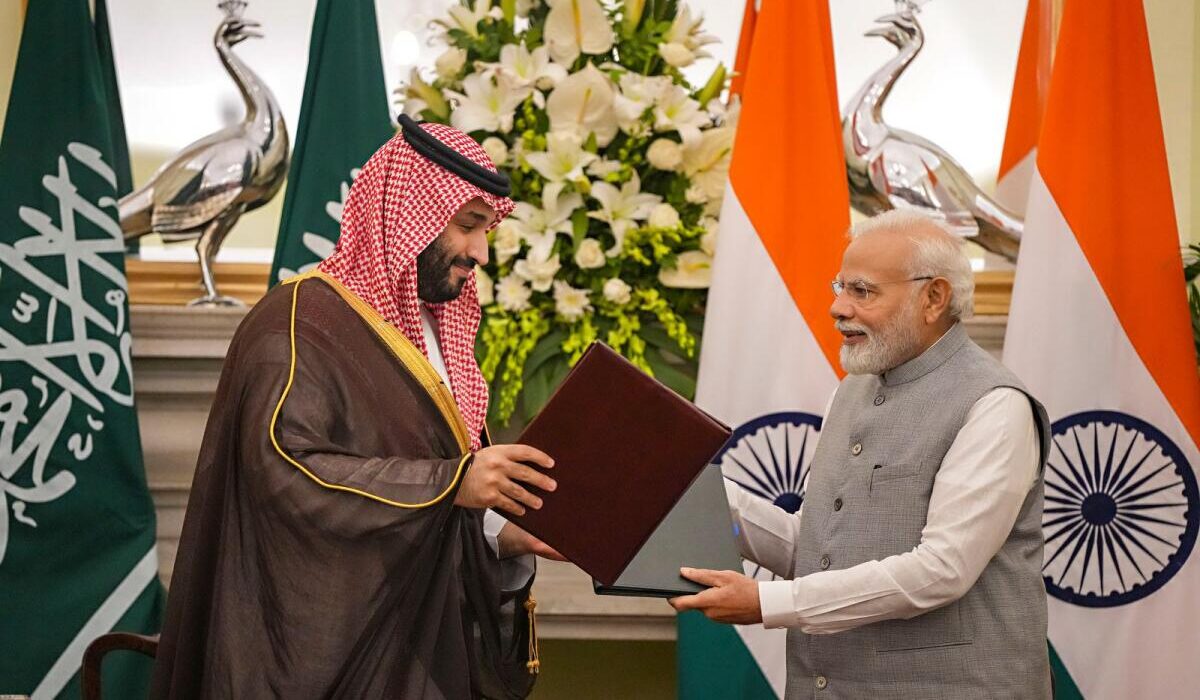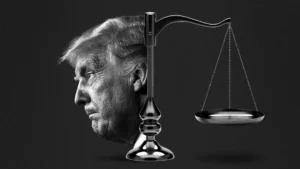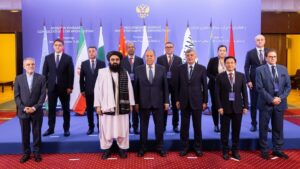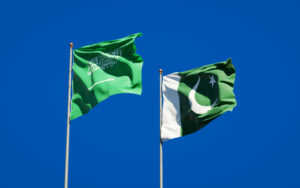On Friday, India expressed its hope that Saudi Arabia would consider the mutual interests and sensitivities shared between the two nations, just two days after Riyadh entered into a mutual defense agreement with Pakistan, India’s longtime adversary.
On Wednesday, Saudi Arabia and nuclear-capable Pakistan finalized the agreement, and while limited information has been disclosed, experts believe it may provide Riyadh with an effective nuclear defense under the deal.
The pact, which was established during a time of diplomatic turmoil in the Middle East and shortly after a lethal India-Pakistan clash, states that any act of aggression toward either nation will be regarded as an act of aggression toward both.
“India and Saudi Arabia share a broad strategic partnership that has significantly strengthened over the past few years,” said Indian foreign ministry spokesperson Randhir Jaiswal to reporters at a weekly news briefing.
“We anticipate that this strategic collaboration will consider shared interests and sensitivities,” he stated.
Saudi Arabia ranks among the leading oil exporters to India, and both nations have committed this year to enhance collaboration in crude and liquefied petroleum gas supplies.
This year, Indian Prime Minister Narendra Modi stated that the two countries were also looking into collaborative initiatives in petrochemicals and refineries.
On Thursday, India’s foreign ministry announced that it recognized the pact was being reviewed and that it would analyze the effects for New Delhi.
Pakistan, the sole nuclear-capable Muslim state, ranks among the less affluent nations in Asia, yet maintains an army exceeding 600,000 troops to protect itself from its significantly larger foe, India.
The neighboring countries have engaged in three significant wars, as well as many skirmishes, including the four-day battle in May, which marked their most intense fighting in years.





